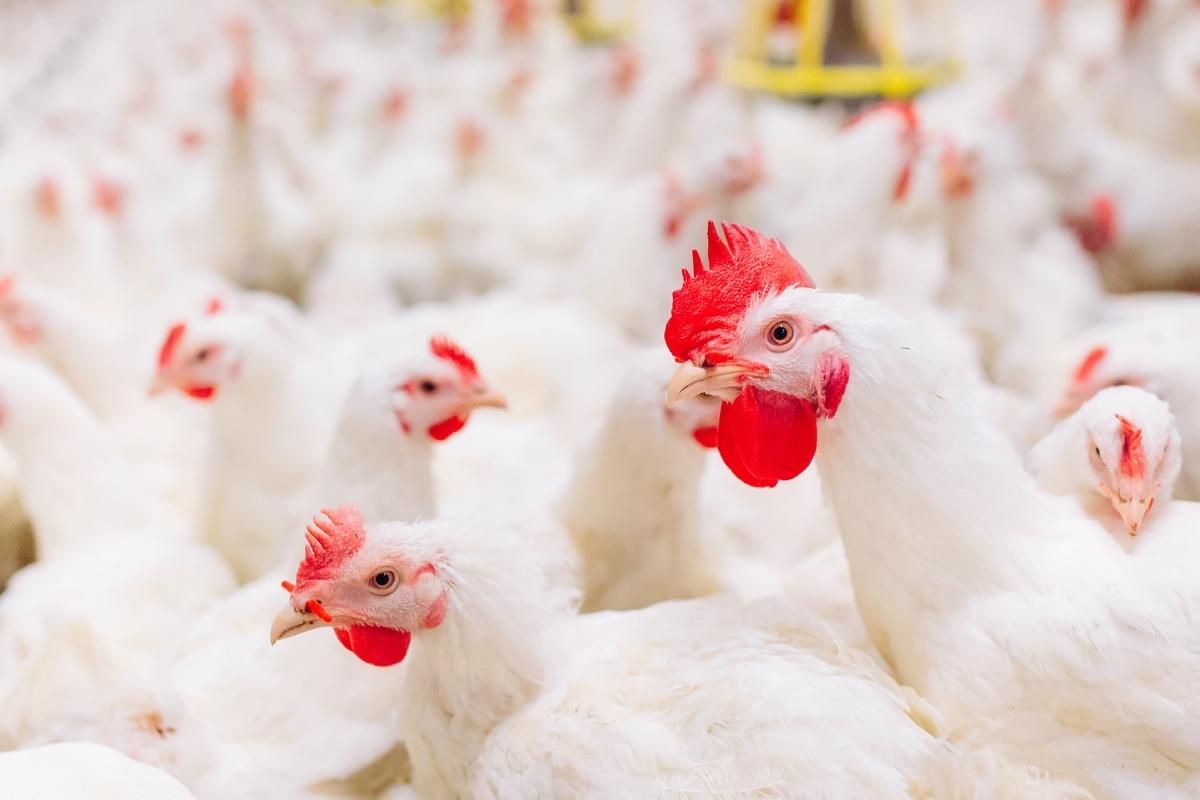Salmonella Gallinarum bacteriophage
The search for alternative methods to treat bacterial infections is more important than ever as antibiotic resistance continues to increase.
One promising solution is the use of bacteriophages, specialized viruses that infect and kill only certain bacteria. In our study, we successfully isolated a phage from chicken feces that is active against Salmonella Gallinarum, a dangerous poultry pathogen.
The potential use of this phage in the treatment of avian typhoid could be of great benefit to both animal and human health by reducing the need for antibiotics and helping to combat antibiotic resistance. This is just one example of the exciting possibilities for phage therapy in the fight against harmful bacteria.
The authors of this article ‘Isolation and partial characterization of Salmonella Gallinarum bacteriophage‘ , as published on 29 May 2022, are Fawzi Al-Razem, Hiba Al-Aloul, Murad Ishnaiwer, and Razan Qadi.
Topics:
- Infections caused by Salmonella continue to be a major public health problem worldwide, with chickens being the main reservoir.
- Poultry farmers use antibiotics to treat pathogens. However, this can lead to antibiotic resistance and the accumulation of these antibiotics in food.
- Phages have several advantages over antibiotics: They are very specific to the target bacteria, are less likely to cause secondary infections, and only replicate at the site of infection.
- A bacteriophage has been isolated from chicken feces harboring Salmonella gallinarum – a common zoonotic infection that causes avian typhoid fever and major losses in the poultry sector.
- The isolated bacteriophage has the potential to be an alternative to antibiotics and potentially reduce antibiotic resistance in poultry farms.

Abstract
Infections caused by Salmonella remain a major public health problem worldwide. Animal food products, including poultry meat and eggs, are considered essential components in the individual’s daily nutrition. However, chicken continues to be the main reservoir for Salmonella spp. Poultry farmers use several types of antibiotics to treat pathogens. This can pose a health risk as pathogens can build antibiotic resistance in addition to the possibility of accumulation of these antibiotics in food products.
The use of phages in treating poultry pathogens is increasing worldwide due to its potential use as an effective alternative to antibiotics. Phages have several advantages over antibiotics; phages are very specific to target bacteria, less chances of developing secondary infections, and they only replicate at the site of infection. Here we report the isolation of a bacteriophage from chicken feces.
The isolated bacteriophage hosts on Salmonella Gallinarum, a common zoonotic infection that causes fowl typhoid, known to cause major losses to poultry sector. The isolated bacteriophage was partially characterized as a DNA virus resistant to RNase digestion with approximately 20 Kb genome. SDS-PAGE analysis of total viral proteins showed at least five major bands (21, 28, 42, 55 and 68 kDa), indicating that this virus is relatively small compared to other known poultry phages.
The isolated bacteriophage has the potential to be an alternative to antibiotics and possibly reducing antibiotic resistance in poultry farms.
Keywords: Antibiotic resistance; Bacteriophage; Phage therapy; Poultry; Salmonella Gallinarum.
© 2022 The Authors.

 Use of Cocktail of Bacteriophage for Salmonella Typhimurium Control in Chicken Meat
Use of Cocktail of Bacteriophage for Salmonella Typhimurium Control in Chicken Meat
